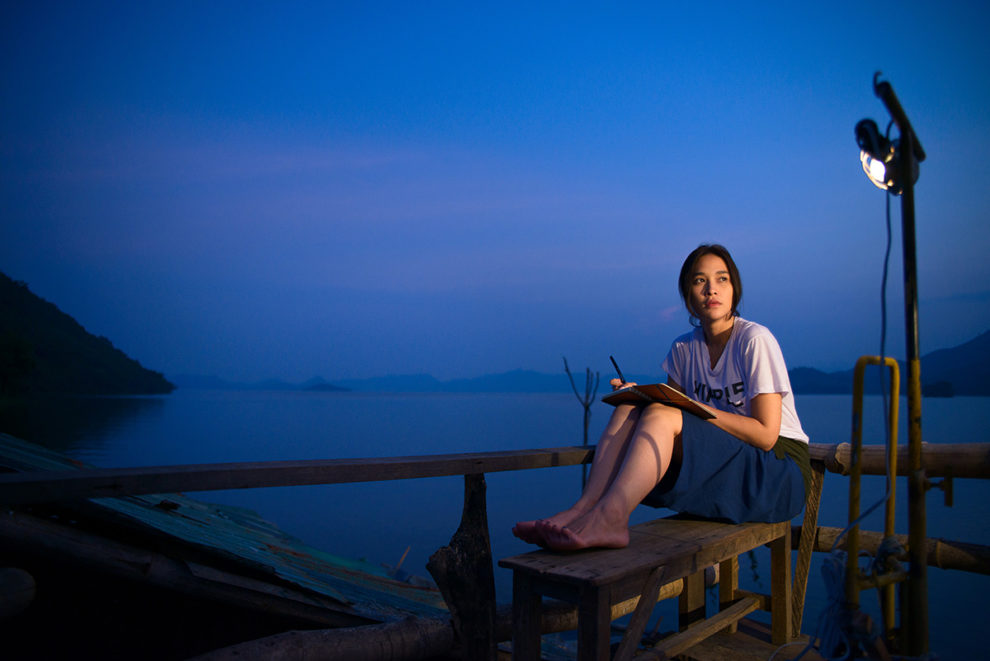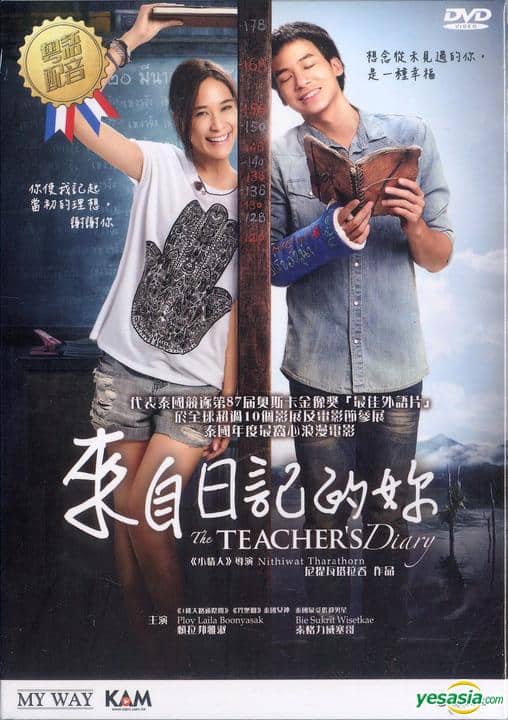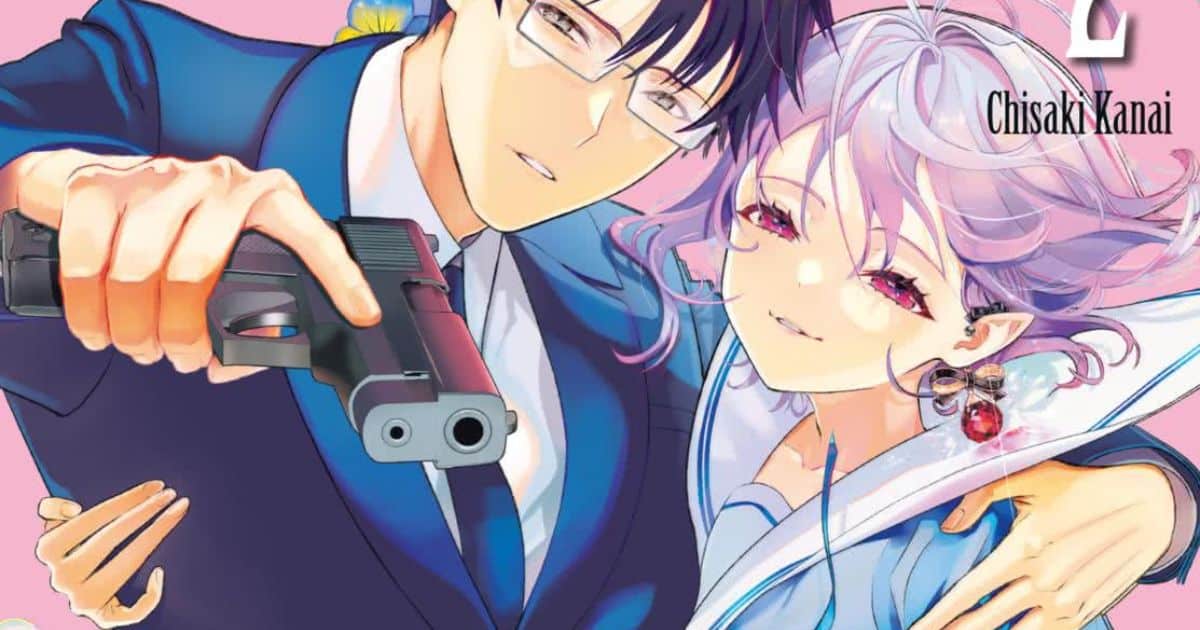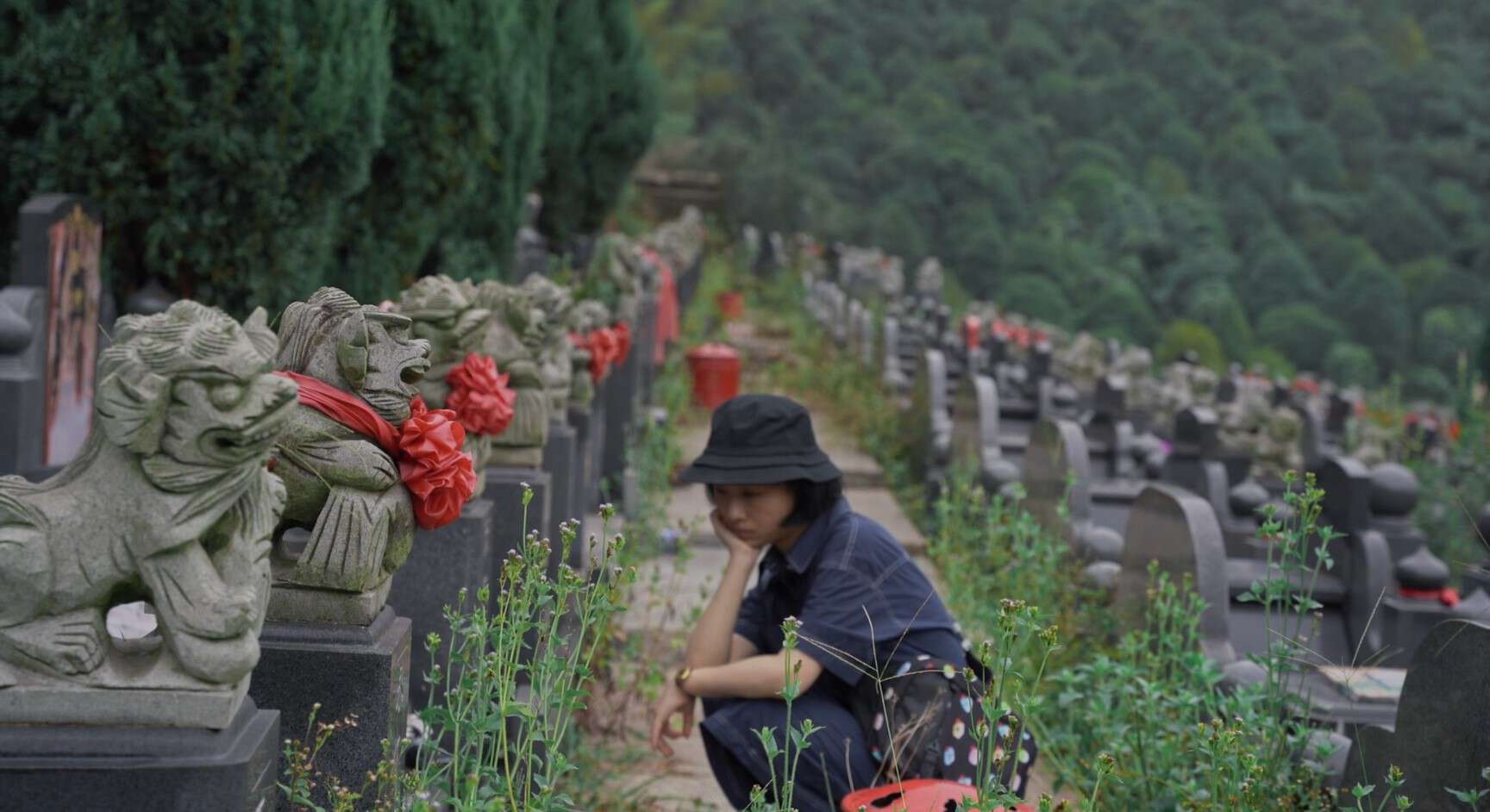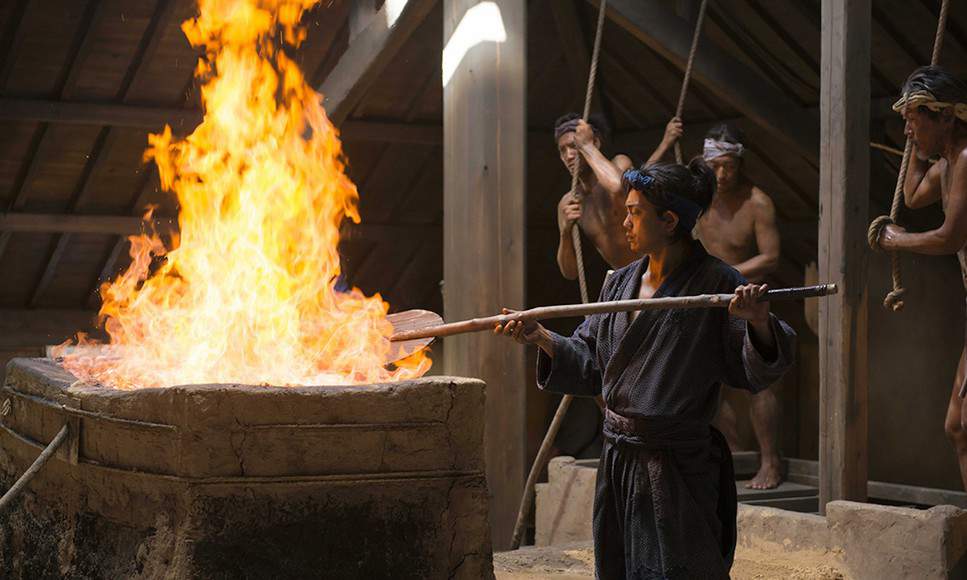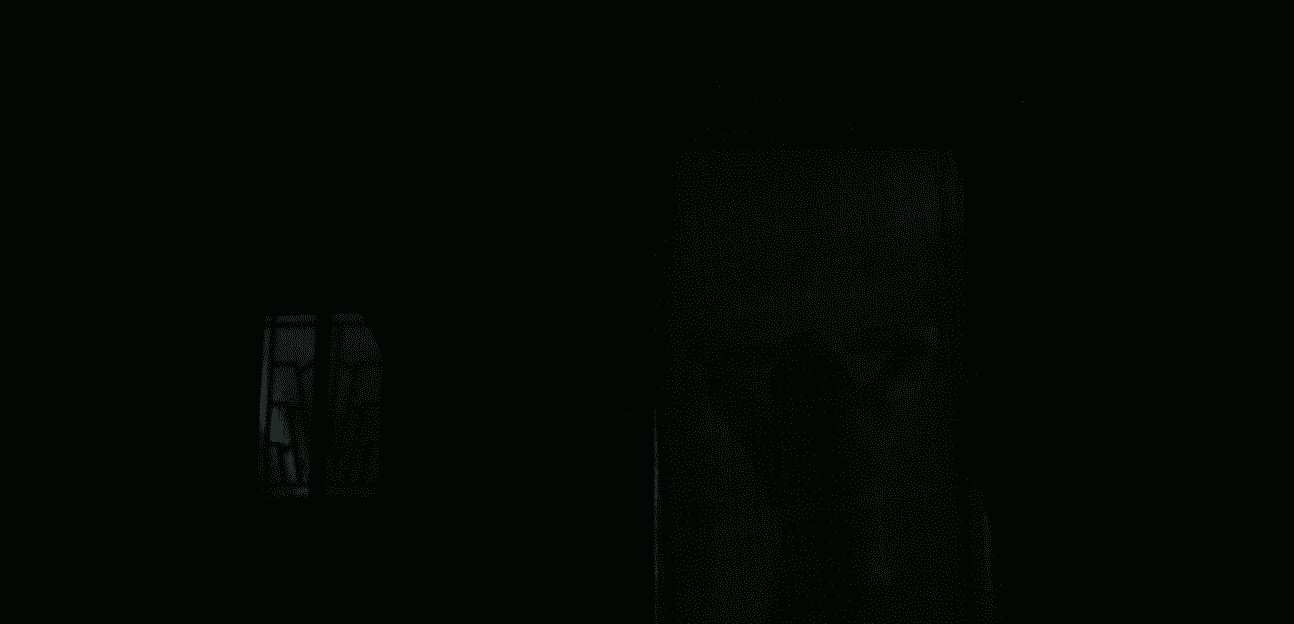The romance genre across the world is awash with features that connect two people in the same place in different time-frames through a common MacGuffin. For Thailand, in 2014, director Nithiwat Tharathorn made one of the best romances that uses such a MacGuffin with “The Teacher's Diary”.
Buy This Title
The story begins with two teachers, Mr Song and Ms Ann, being deployed for various reasons to a remote floating school with a very small number of students. As Mr Song cleans up and sets his new classroom, he comes across a diary. The diary, as it turns out, belonged to Ms Ann and the two teachers, as it also tuns out, have both been sent to the school a year apart from each other, with the male being a replacement for the recently departed female teacher. As he reads on in the diary, he realises that the two have shared a very similar life and experiences leading up to this job, and particularly after reaching there. A unique connection forms in his mind with Ann and, without knowing what she looks like, he decides to find out where she is now and meet her.
Tharathorn uses the non-linear narrative format, at least for the first half, deftly to introduce the audience to the lives and stories of both the central leads. This enables him to provide well-rounded characterisation for both the leads while using the setting of the story well. In doing so, the story also proves to be a necessary voice for teachers, the difficulties they face and the importance of education in the life of every child from every walk of life.
Those from the same profession that do see Tharathorn's feature will certainly find a lot to appreciate and might even see themselves in certain depictions that feel authentic, even if they have never seen or been on a boat school or have never experienced all the struggles that such a setting brings. The director never loses focus of the love story either, making it as heartfelt as possible even as the story jumps between the two protagonists, making the audience look forward to any possible meeting with great anticipation.
The “love without having seen each other” aspect would have had a slightly lesser impact with different actors, but the casting of singer/actor Sukrit Wisetkaew proves to be effective. A good-looking guy for sure, but not in the conventional leading man manner, his inclusion makes the story believable. Some of the comedy scenes involving him do seemed hammed up, but he makes up for them in the dramatic portions. The lovely Layla Boonyasak, who some may remember from her works in “Last Life in the Universe” or “Samui Song”, gets most of the film's emotional scenes, thanks to the story arc with her fiancé, and is generally a joy to watch.
The setting of the story also facilitates for some gorgeous on-screen cinematography and DOP Naruphol Chokanapitak makes the most of the remote countryside location on the lake. The night scenes, in particular, are shot with evident beauty, despite the low-light circumstances and the difficulties that such a location would bring for a large crew. Meanwhile the music, a collaboration between Hualampong Riddim and Pichaya Vatanasapt, is very appropriate to the genre and makes for an overall soothing viewing and listening experience.
Nithiwat Tharathorn doesn't attempt to change the game with “The Teacher's Diary” but he does what he set out to do exceptionally well, which is to provide an engaging story that is often cute and sometimes poignant, and in doing so, gives us one of the better films in the romance genre to come out of the country. It's a shame that he hasn't made another feature since, because there's certainly a lot of promise in what's on display here.


